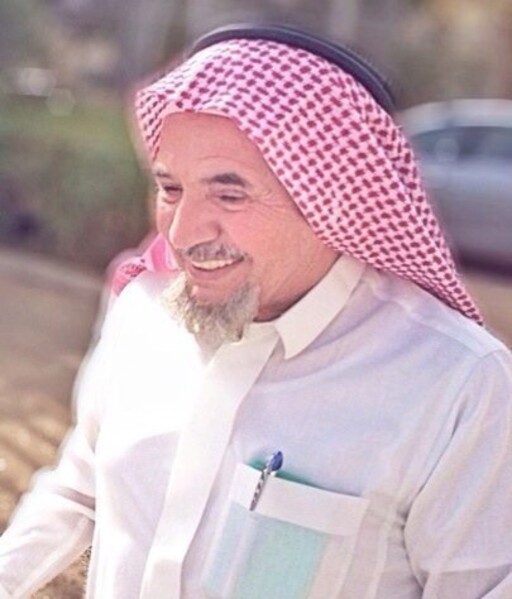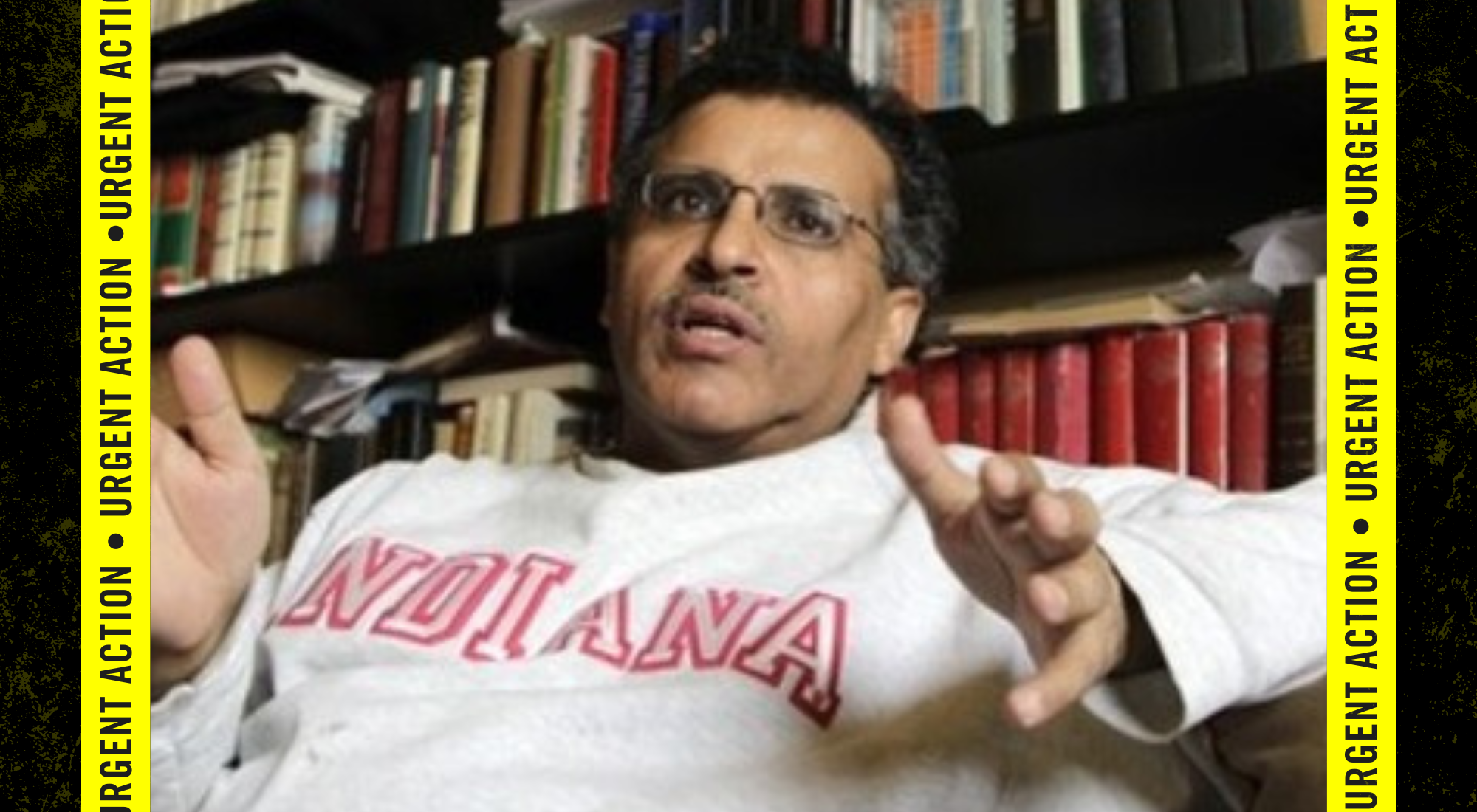On January 7, 2025, human rights defender and former prisoner of conscience Mohammed al-Qahtani was conditionally released after 12 years in prison for his activism. He completed his unfair 10-year sentence in 2022 but was still held for two more years. During that time, from October 2022 to November 2024, he was forcibly disappeared.
Mohammed al-Qahtani co-founded the Saudi Civil and Political Rights Association (ACPRA), one of the few independent human rights groups in Saudi Arabia before it was shut down. Now, he faces a 10-year travel ban, preventing him from reuniting with his family in the United States
Here’s what you can do:
Write to the Minister of Justice urging the Saudi government to:
- Lift the travel ban on Mohammed al-Qahtani so he can reunite with his family.
- End restrictions that punish peaceful activism and human rights work.
- Release all detained human rights defenders and activists who are imprisoned solely for exercising their rights to freedom of expression and association.
Write to:
Walid bin Mohammad AlSama’ani
Minister of Justice
Riyadh, Saudi Arabia
Postal Code 11472, P.O. Box 7775
Email: 1950@moj.gov.sa
Salutation: Your Excellency:
And copy:
Her Excellency Amal Yahya ALMOALIMI
Ambassador
Royal Embassy of Saudi Arabia201 Sussex Drive
Ottawa, ON K1N 1K6
Tel: (613) 237-4100 Fax: (613) 237-0567
Email: caemb@mofa.gov.sa
Targeting human rights activists
In March 2012, Saudi authorities interrogated Mohammed al-Qahtani and Dr. Abdullah al-Hamid for their human rights work. Both co-founded the Saudi Civil and Political Rights Association (ACPRA) in 2009. A year later, in March 2013, they were sentenced to 10 and 11 years in prison, respectively.
Dr. Abdullah al-Hamid suffered a stroke on April 9, 2020, while in detention. Despite falling into a coma, authorities refused to release him. He remained in the intensive care unit at al-Shumaisi Hospital in Riyadh until his death on April 24, 2021.
Another ACPRA co-founder, Mohammed al-Bajadi, was arrested in March 2011 for attending a peaceful protest. In April 2012, the Specialized Criminal Court sentenced him to four years in prison and a five-year travel ban. After repeated arrests and releases, he was detained again in May 2018 and remains imprisoned without charge or trial.

Crackdown on ACPRA and activists
Saudi authorities have heavily targeted ACPRA members over the past decade. The organization worked to expose human rights violations and supported families of detainees held without charge. ACPRA also helped file cases against the Ministry of Interior before the Board of Grievances, a court that reviews complaints against the government.
As of January 2025, Amnesty International has documented 85 cases of individuals prosecuted since 2013 for peacefully exercising their rights to freedom of expression, association, and assembly. This includes human rights defenders, political activists, journalists, poets, and clerics. The true number is likely much higher.
Arbitrary travel bans
Amnesty International has documented the use of travel bans by the Saudi authorities frequently on activists and human rights defenders after their release. Some are court-ordered, while others are arbitrary, with individuals only discovering the restriction when they attempt to travel.
These bans also impact the families of Saudi activists living abroad, preventing them from reuniting.
Please take action as soon as possible until August 5, 2025! The UA will be duly updated should there be the need for further action.




























